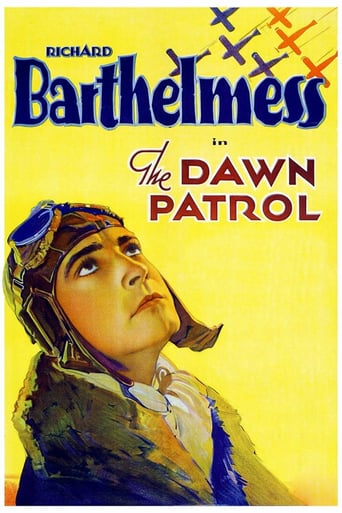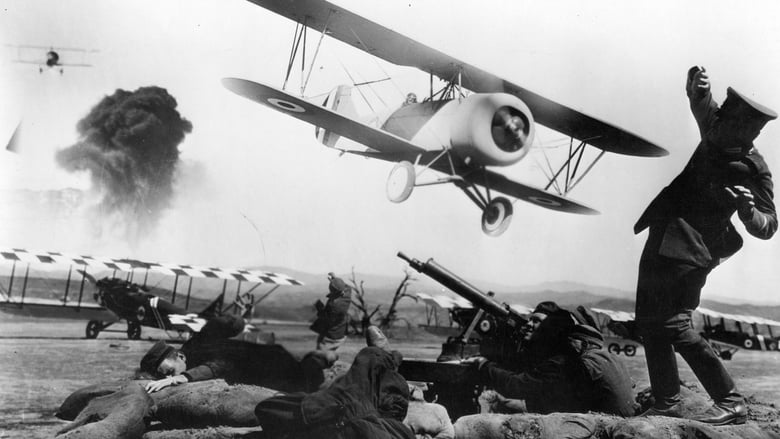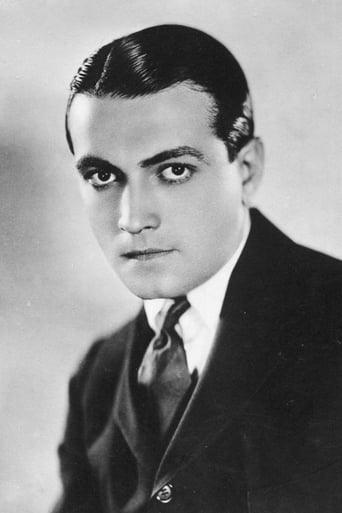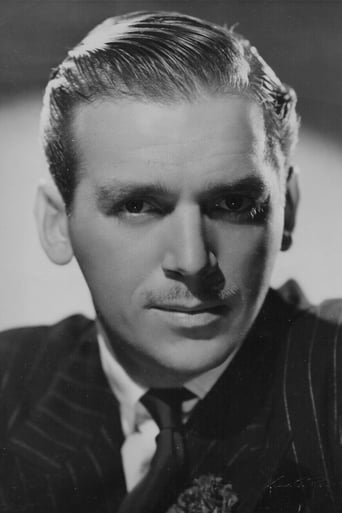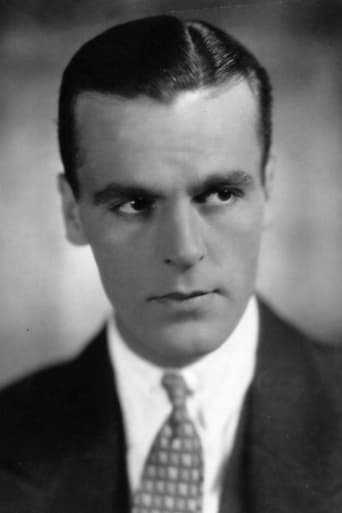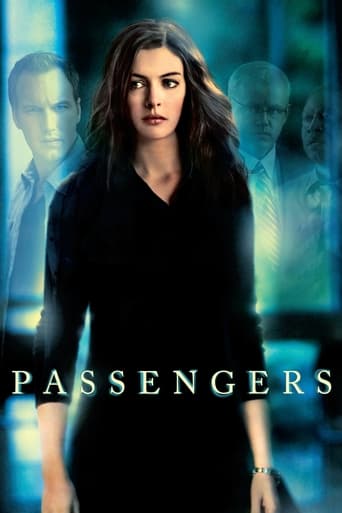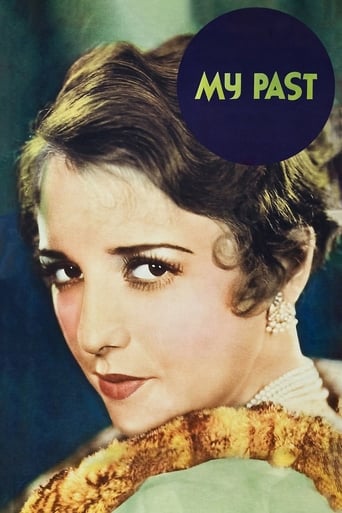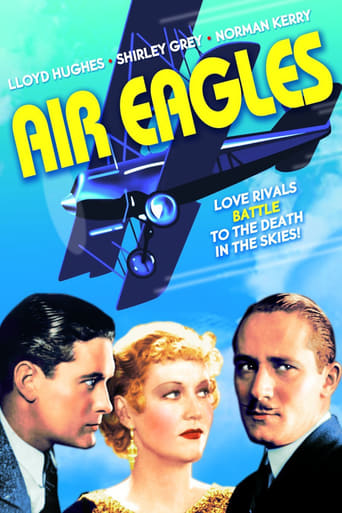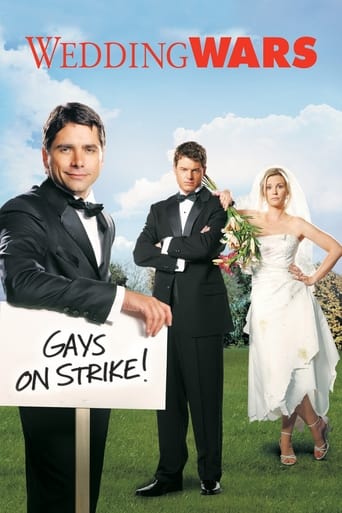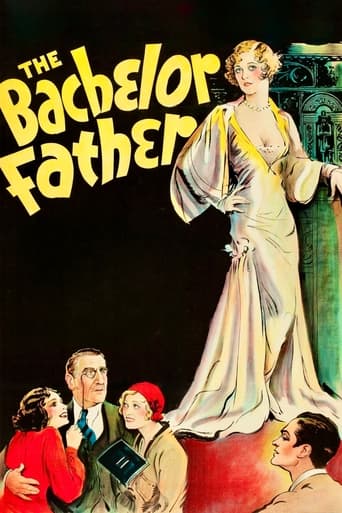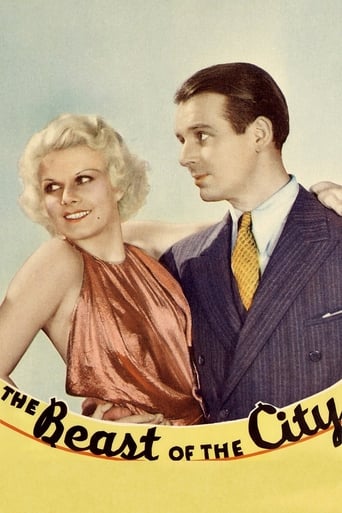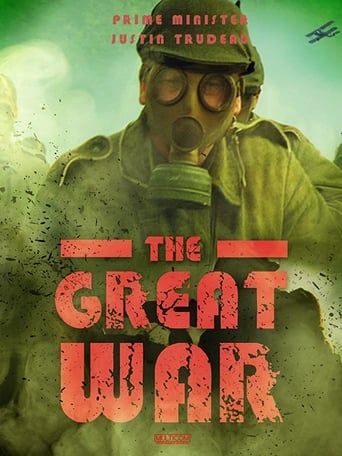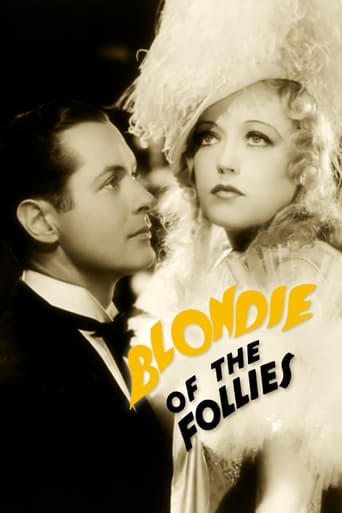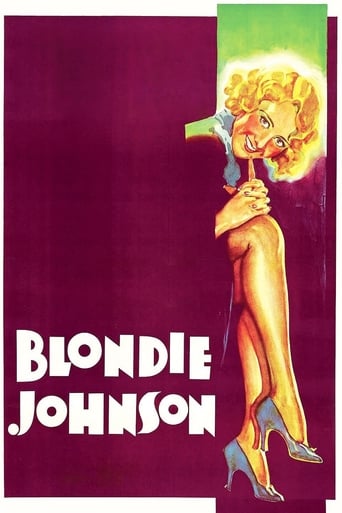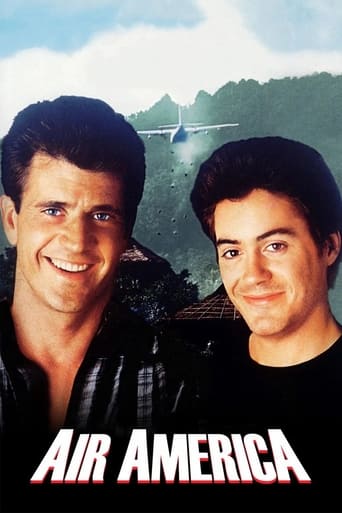The Dawn Patrol (1930)
World War I ace Dick Courtney derides the leadership of his superior officer, but he soon is promoted to squadron commander and learns harsh lessons about sending subordinates to their deaths.
Watch Trailer
Free Trial Channels
Cast


Similar titles
Reviews
This movie is the proof that the world is becoming a sick and dumb place
Good concept, poorly executed.
Watch something else. There are very few redeeming qualities to this film.
A film of deceptively outspoken contemporary relevance, this is cinema at its most alert, alarming and alive.
The 1938 version of The Dawn Patrol is one of those remakes which is a perfectly fine film in its own right but you do have to question is it necessary especially when it is largely a shot for shot remake with various changes made to the dialogue. The original Dawn Patrol from 1930 is a superb film to begin with and one of the better films of the early sound period. But do the technological advancements between 1930 and 1938 make the remake the better film or does the original still come on top? While I like both these films, I have to side with the original over its more famous counterpart. However when your remake has Errol Flynn, David Niven and Basil Rathbone, I can't be too critical on its existence.The Dawn Patrol from 1930 was Howard Hawks' first feature length talkie. Although his trademark overlapping dialogue is absent (The Criminal Code made the following year would be his first film to feature this trademark) it still has the Hawksian themes male bonding and the tensions created from a small group of people being forced together under an impossible strain. In both movies the squadron use humour to combat tragedy and drink to deal with reality, which does raise the question of how they are able to fly if they drink so much? But I digress. There are also no women in sight; both films are a man's movie through and through. There was no shortage of aviation films in the 1930's, a world in which death was always around the corner. Simply put, a man's gotta do what a man's gotta do. Both versions of The Dawn Patrol are close to the history they are recreating. Cast and crew from both productions had been involved in the war including Howard Hawks and Basil Rathbone. Watching a film about an armed conflict made by people who saw it first-hand really adds that extra element.Hawk's Dawn Patrol is an early talkie which I believe benefits from being just that. I know many dismiss early talking pictures as being static but some films from this period would not have been as effective in my eyes if they had been made a few years later; films which benefit from the rough and gritty nature of early talkies such as war movies like All Quiet on the Western Front, Hell's Angels and War Nurse or others like the prison drama The Big House. Due to this the original Dawn Patrol feels more intimate to me than its counterpart, not to mention the sets here really do feels like they're being lit by the candles which appear on screen. The remake on the other hand is more shinny and less gritty, not there's anything wrong with that as it is a beauty of a film in its own right but original gets my vote when it comes to aesthetics. Surprisingly however The Dawn Patrol is one pre code film which appears to be absent of any pre code material making the process of remaking it in 1938 easier.Who succeeds more in the role of the Squadron's leader Courtney; Errol Flynn or Richard Barthelmess? Barthelmess has a more gentle and more sensitive persona yet still commanding; expressing so much through his eyes as he was a distinguished actor of the silent era after all. As strong as Flynn's performance is, the contradictory traits in Barthelmess' Courtney makes for a more interesting performance in my eyes.The Dawn Patrol would be one of Basil Rathbone's few outings as one of the good guys, well kind off; he still has to perform the dirty work. It's interesting to see him playing a character who shows sympathy towards others and even gets revenge on Errol, one upping him when he gets promoted to wing and names Courtney in the new in command of the patrol. Rathbone also has my favourite moment of the remake (a moment which isn't in the original) in which his assistant Phipps (Donald Crisp) speaks of how wonderful it would be if they had a dog at the squadron headquarters, only for Brand to be completely zoned out that he doesn't hear him, only to then look over at him and ask him why he's pretending to play with a dog - a great piece of dark comic relief.But who comes on top as the better Major Brand; Basil Rathbone or Neil Hamilton? Rathbone's Brand is more commanding and more in control even though we still see signs that he is at breaking point. Hamilton is less commanding and in control but this itself I feel makes for an interesting character dynamic as someone who in this position of reasonability but clearly can't handle it. If I was to choose however I would go with Basil Rathbone. While Hamilton's performance does have more to it, Rathbone is simply a far more charismatic and cool screen presence.Who makes for the better role of Courtney's closet friend Scott; David Niven or Douglas Fairbanks Jr? Fairbanks is an actor I've long had trouble even remembering in any role. I don't find him an engaging screen presence and will forget about his performance in a film as soon as it's over. David Niven on the other hand is an actor I have great esteem for while his real life friendship with Errol Flynn translates into the film, making the friendship aspect is stronger and more endearing in the remake than in the original. Fairbanks is my only big complaint with the original Dawn Patrol so it's David Niven all the way.The aerial footage from the original is reused in the remake and there is a noticeable difference in image quality between reused footage from original and the newly filmed material. Still is it an interesting side by side comparison how movies evolved within less than a decade. The aerial action sequences are exciting to watch helped by the impressive quality of the footage while the lack of a music score and reliance on sound effects heightens the tension. I do have to ask though but can a single plane cause so much damage to an entire factory? It's still exciting stuff none the less. There are no good guys or bad guys in The Dawn Patrol. The movies don't take a side such as when the downed German soldier is brought back to the squadron headquarters. He speaks in German but from what I've gathered in the original version of the film he calls them friends and how the fighting has "absolutely nothing to do with personal hate" and that "it is a sport/game and our duty as soldiers is clear".Would The Dawn Patrol be classified as an anti war film? I'm very dubious of the term anti war film and I feel throwing the term around willy nilly as is often the case comes off to me as a form of virtue signalling. As Francois Truffaut stated; war movies inherently glorify combat when they portray the adventure and thrill in combat. In other words, there is no such thing as an anti war film. Watching the action scenes in The Dawn Patrol I do feel the same kind of feeling I get when I watch an action/adventure film but then I have to remind myself of the horrors of war. Is The Dawn Patrol condemning war altogether or just the tactics used during this war such as the use of young inexperienced pilots? Or is it merely showing at the end of the day war just a necessary evil?
Pretty good story of airmen in the First World War, flying desperate missions against German troops and superior German airplanes and pilots, including the dreaded Baron von Richter. It's bloody suicide. Yet there is gallantry in the air and on the ground. Pilots who are going down in flames salute the enemy pilot who has brought them to this sorry state. There was little of that gallantry left in World War II, except in one instance in which an American P-47 pilot damaged an enemy fighter. The pilot bailed out and sailed past the American's canopy, upright and in full salute.The British pilots we see -- almost all of them American -- are jovial enough in their day room or whatever it is. If someone is shot down, the loss is overcome by an excess of booze and song. The gramophone plays a scratchy "Poor Butterfly" (how apt) and the men drink and sing "The world is made up of lies/ So hurrah for the next man who dies." The pilots are in good shape, pretty chipper, compared to their commander, who is filled with guilt and rapidly becoming a neural shambles. He snaps at the men, barks out orders, and has no sense of humor. The men can't understand this until one of them, Douglas Fairbanks, Jr., is promoted to Flight Commander and takes his place.The film is an early talky. There is no underscore: we hear only the men singing and the gramophone playing. And it's stagy. There aren't many outdoor scenes; the men swill booze and argue and play cards in the day room. The message itself is overstated.But, ah, the scenes of flight. Great whirling masses of biplanes, some spinning down and trailing smoke. Lots of stunts with airplanes too. It's more like a comic book than like reality but, well, consider the period. The special effects aren't bad. More realism and a more complex message can be found in a relatively recent movie like "The Blue Max." Howard Hawks is uncredited but listed as a German pilot. Well, there is only one German pilot we get to see anything of. He's a victim of one of the fliers on our side and has been brought to the day room for a bash before being taken off to the Gefängnis, where he must have woken up with a terrible hangover. He looks nothing like a young Howard Hawks. True, Hawks was trained as a flier in the Army but somebody is pulling the wool over somebody's eyes around here.
In France for World War I service, British pilots Richard Barthelmess (as Dick Courtney) and Douglas Fairbanks Jr. (as Doug "Scotty" Scott) clash with commander Neil Hamilton (as Drake Brand) over his decisions to send young fliers out on suicide missions in rickety planes. But, with the Germans active nearby, Mr. Hamilton has limited options. Taking the lead, Mr. Barthelmess decides to go over Hamilton's head, completing a dangerous mission with Mr. Fairbanks co-piloting. Hamilton threatens to have him court-martialed, but a worse fate awaits Barthelmess - he is promoted to commander of the "Flight Squadron"...Now in charge, Barthelmess must order young fliers out on suicide missions in rickety planes. Responding to his own superiors, Barthelmess includes his pal's bright-eyed young brother William Janney (as Gordon "Donny" Scott) on "The Dawn Patrol" - although it could lead to tragedy. To ease war pain, the men drink. There are few surprises in this story, which illustrates the inevitable. A little theatrical by today's standards, Barthelmess and the men perform exceptionally well. The command post scenes are vivid and the aviation exciting, with director Howard Hawks performing double duty as the dreaded "Von Richter".******* The Dawn Patrol (7/10/30) Howard Hawks ~ Richard Barthelmess, Douglas Fairbanks Jr., Neil Hamilton, William Janney
It's obvious that this film didn't have the budget of some of its more famous contemporaries (HELL'S ANGELS and WINGS), as there were less aerial stunts and more of an emphasis on story. However, this wasn't really a bad thing, as the story itself did have more depth than the other two films--focusing on the pressure on WWI pilots and the fragility of their lives. In many ways, it reminded me of WWII films, COMMAND DECISION and 12 O'CLOCK HIGH because they, too, talk about the burden of leadership and responsibility of sending men to their deaths. So it's obvious that this is NOT your typical "war is fun" type film you so often see! As far as the film goes, it was quite dandy but unfortunately, the 1938 version really wasn't all that different. About the only noticeable difference was that more actors actually spoke with British accents in the remake. Because they are so very similar, I recommend you only see one unless you are a real purist. And, if I needed to say which one, I'd say the later version is slightly better--mostly because it is a bit more polished. The 1930 version lacks background music (something shared by most films in 1930), though otherwise they are neck and neck as far as which one is best. Interestingly, the 1930 version also features James Finlayson (of Laurel and Hardy movie fame) in a supporting role.

